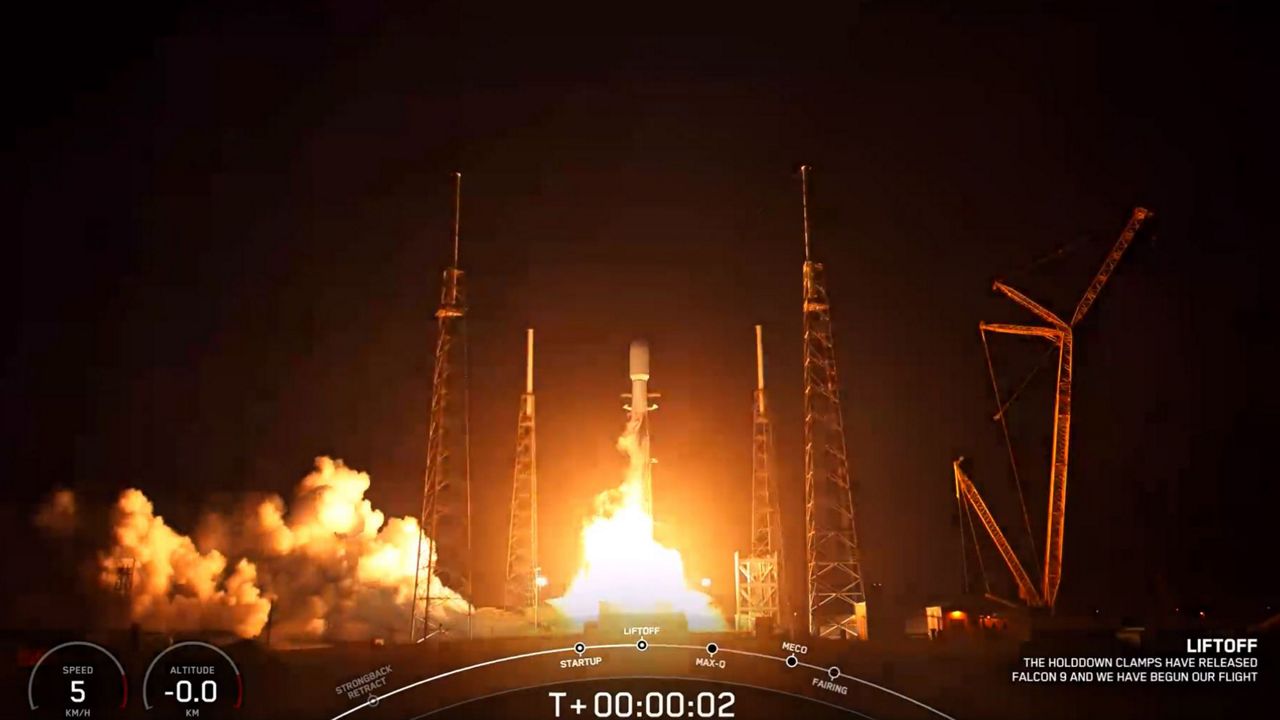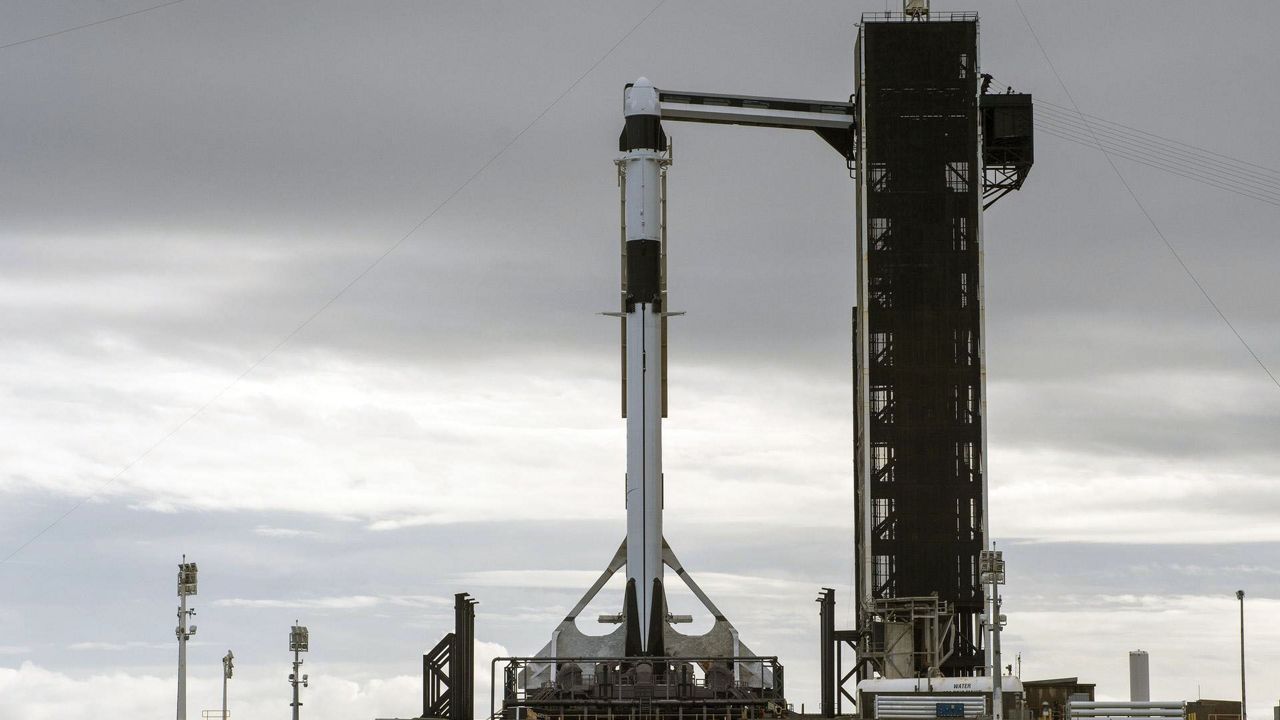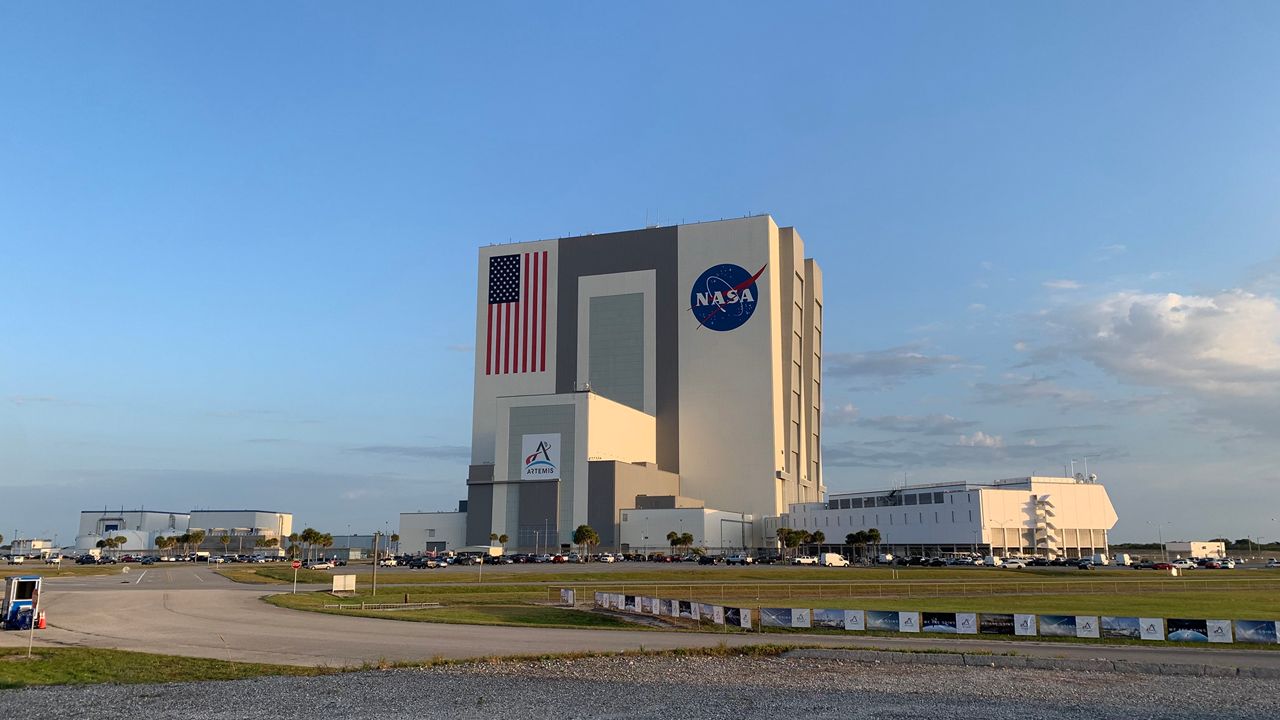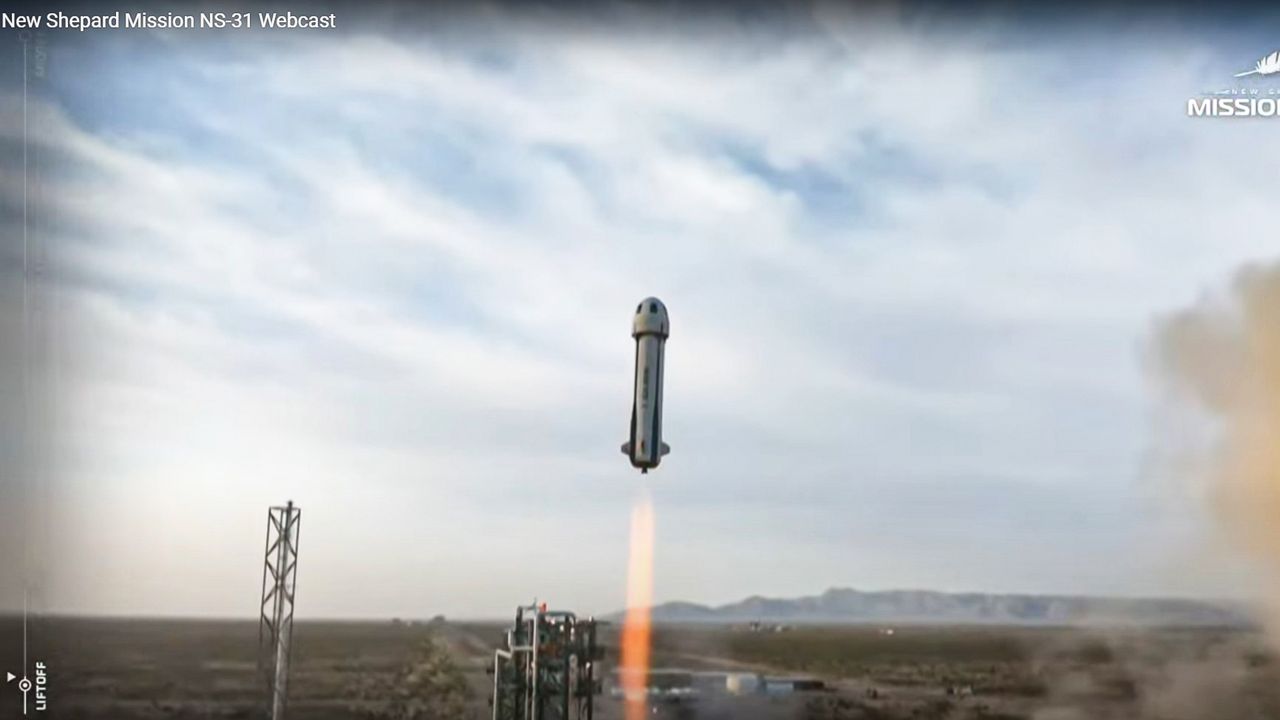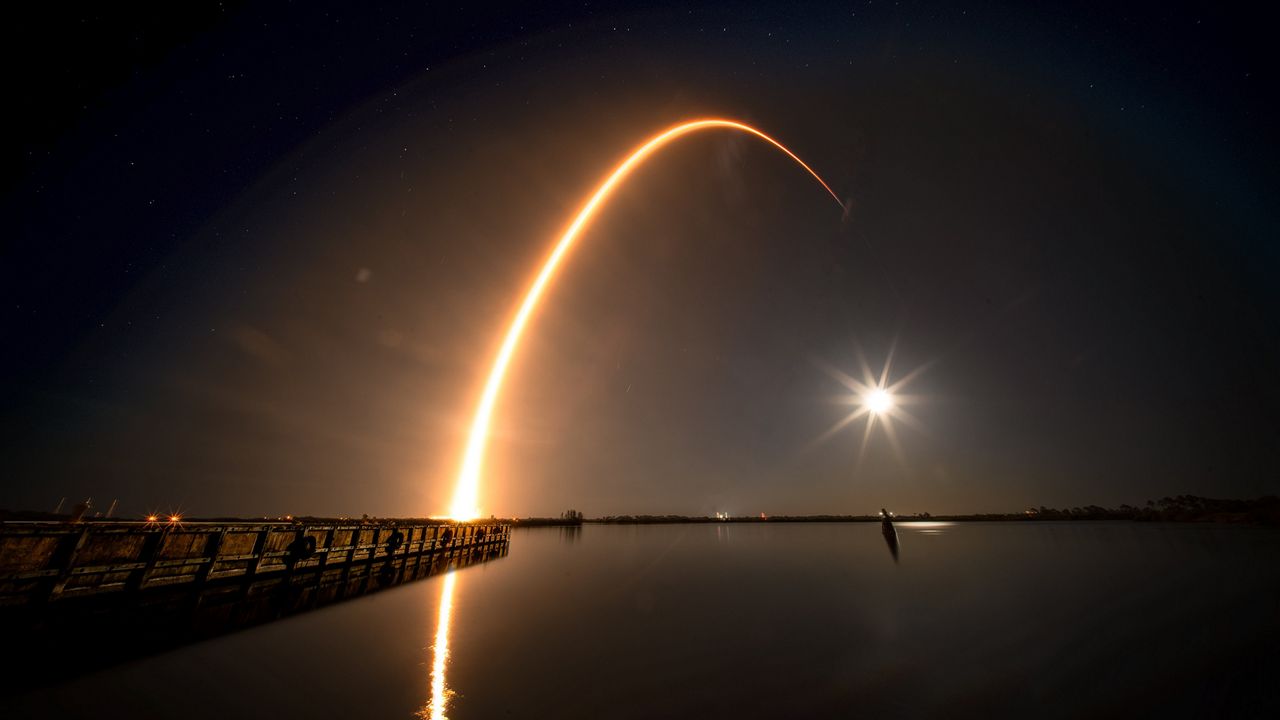CAPE CANAVERAL SPACE FORCE —Even though it was supposed to launch earlier in the evening, SpaceX managed to send up more than 20 Starlink satellites.
What You Need To Know
- SpaceX is expected to launch more than 20 satellites
The California-based company’s famed Falcon 9 rocket left Space Launch Complex 40 at Cape Canaveral Space Force Station at 11:12 p.m. ET, stated SpaceX.
Originally, the mission was supposed to have launched at 7:56 p.m. ET, but SpaceX pushed it back. No reason was given, but the company had one more attempt for Friday night at 11:30 p.m. ET if it was needed.
The weather may have played a part, however.
The 45th Weather Squadron gave a 60% to 85% chance of good launch weather. The more favorable liftoff weather, 85%, was near the end of the launch window.
“Thunderstorm development is likely (Friday) afternoon along sea breeze boundaries in Central Florida. This could become a Surface Electric Fields Rule or Lightning Rule concern towards the beginning of the window on Friday,” the squadron stated on Wednesday, adding the other concerns are cumulus cloud and anvil cloud rules.
Learn more about NASA’s weather criteria for the Falcon 9 rocket here.
If the Friday night launch was scrubbed, the next chance would have been Saturday, Sept. 9, with three attempts, starting from 7:25 p.m. ET until 10:59 p.m. ET.
Going up
Before sending up Starlink mission 6-14, the Falcon 9’s first-stage booster B1076 sent up six other flights.
- CRS-26
- OneWeb Flight 16
- Intelsat IS-40e
- Starlink Group 6-1 mission
- Starlink Group 6-3 mission
- Starlink Group 6-6 mission
After the stage separation happened, the first-stage booster successfully landed on the droneship A Shortfall of Gravitas in the Atlantic Ocean.
Falcon 9’s first stage has landed on the A Shortfall of Gravitas droneship pic.twitter.com/aNWmflqvNi
— SpaceX (@SpaceX) September 9, 2023
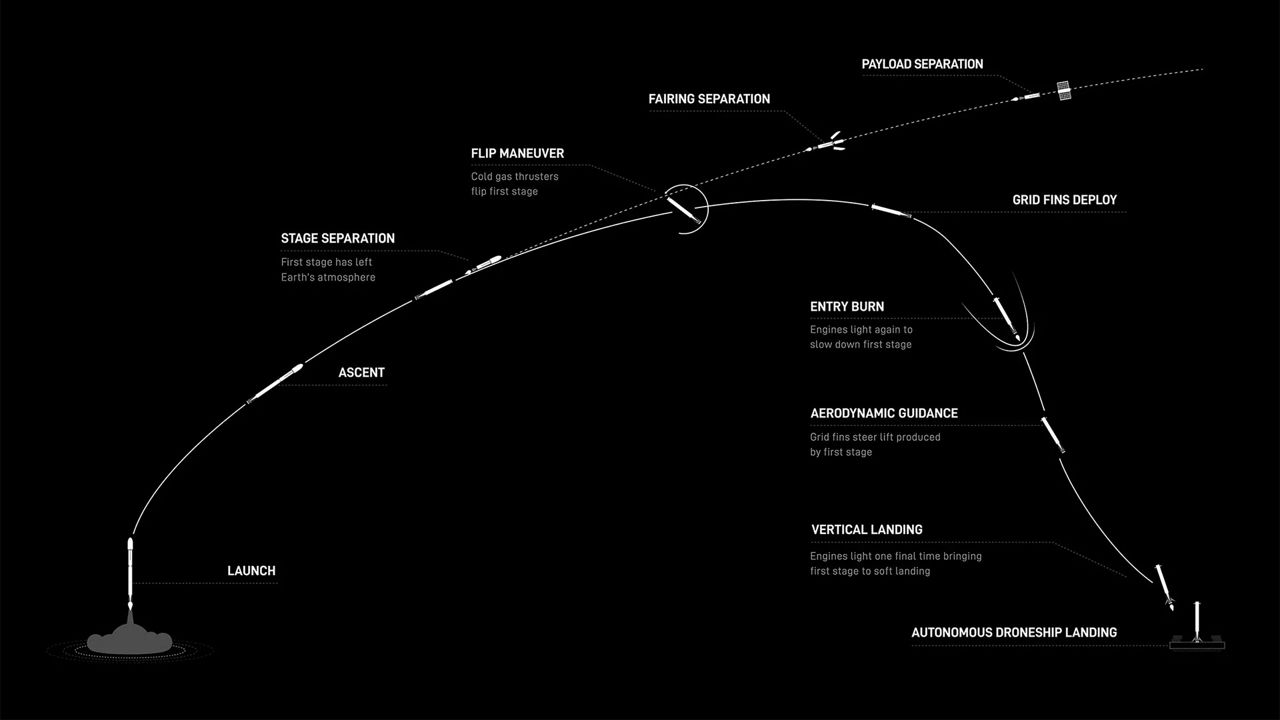
About the mission
Starlink, a company owned by SpaceX, will send up 22 satellites to low-Earth orbit.
There are already thousands of Starlink satellites that form a constellation-like network that provides internet services to many parts of the world, stated the company.
Before the launch, Harvard-Smithsonian Center for Astrophysics’ Dr. Jonathan McDowell has recorded the current number of Starlink satellites.
- 4,702 are in orbit
- 4,670 in working order
- 4,015 are in operational orbit




